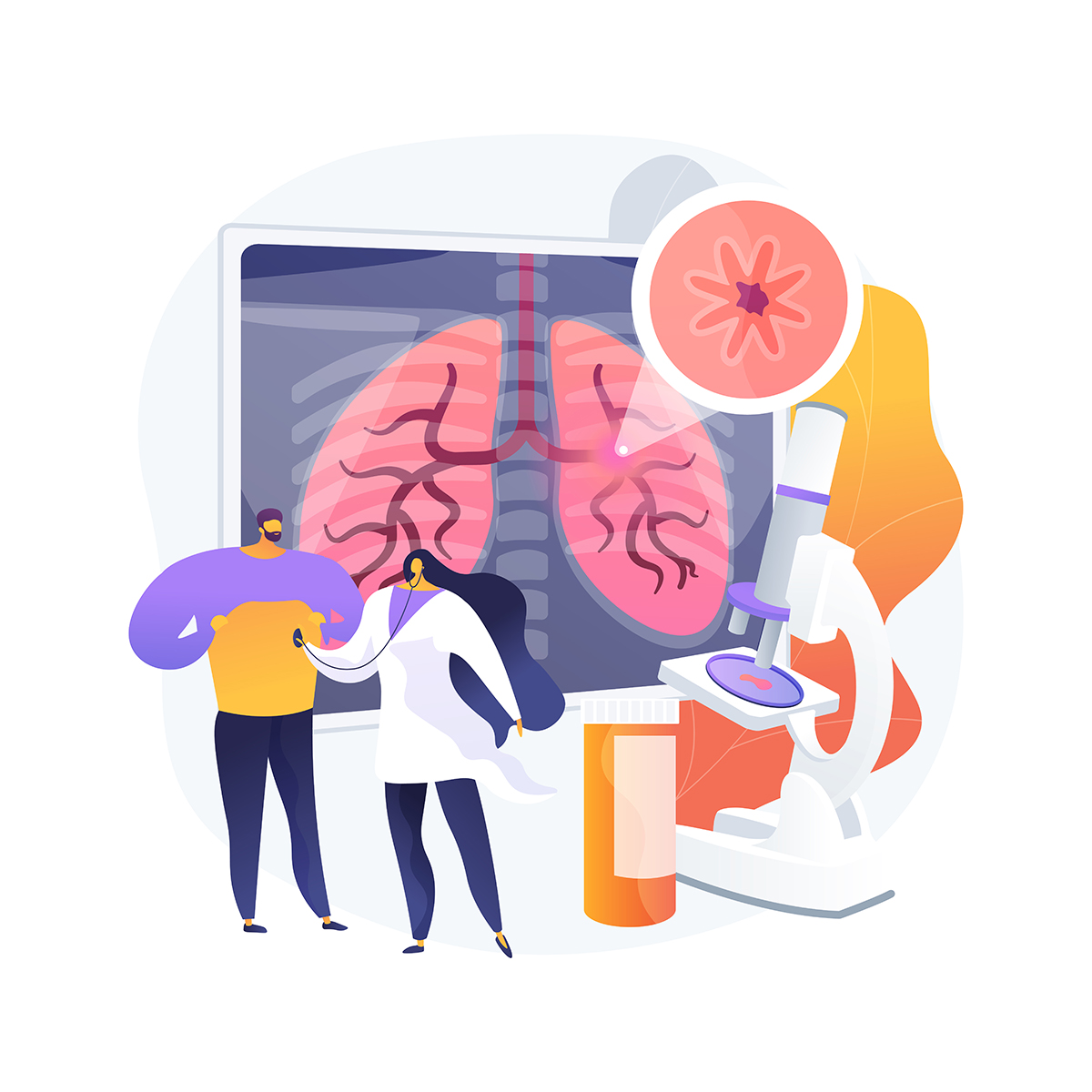Chronic diseases can be more difficult for any person to handle, especially because there is usually no cure.
It’s unlike a broken bone or the flu and cough where it’s over once you recover. These are some chronic diseases that have no sure solution:
Heart disease
Osteoporosis
Diabetes
Arthritis
High blood pressure
Managing your chronic condition may be a good way to get it under control, instead of having it control your life.
What Does It Mean to Manage a Chronic Disease?
Chronic disease management includes managing the symptoms of long-term disease.
Doing this may help to slow down its progression and enable you to control the symptoms. It also requires a comprehensive and all-round approach.
Can Chronic Disease Be Controlled?
Most chronic diseases can be controlled but cannot be fully cured. This is why you need proper chronic disease management to handle it.
Why Is It Important to Manage Chronic Diseases?
There are certain chronic diseases like diabetes and kidney disease that need regular monitoring to prevent them from progressing to a life-threatening stage.
It has the potential to manage health outcomes as well.
3 Methods to Manage Chronic Diseases
Understand Your Condition
The most important step before tackling disease management is to first know it like the back of your hand.
The more you understand, the more prepared you are to know what and why symptoms happen. You can work with your house call doctor to get a clear look at your condition, but remember that you should also take responsibility for your health.
Learn how to spot warning signs to avoid worst-case scenarios from happening before you even know it. Make your house call doctor your primary physician to help formulate an effective treatment plan.
Make Healthy Lifestyle Changes
You can’t expect to continue smoking, drinking, being stressed all the time, and pulling all-nighters, thinking that your chronic condition will improve, can you?
A key part of managing your disease is to revamp your lifestyle. From the things you eat and drink to the exercise you’re doing (or forgetting to do), you should make the necessary changes to see the results you want.
Manage Your Medicine
It’s not uncommon to forget to eat a pill or two, particularly if you have many to take. Make an effort to understand your medicine just like your chronic condition.
You should also seek answers from medical professionals to learn more, and find out about potential problems and side effects to take note of.
It is key to get the help of the experts to give you a professional opinion beyond what the Internet and books can offer. Be proactive in managing it!
